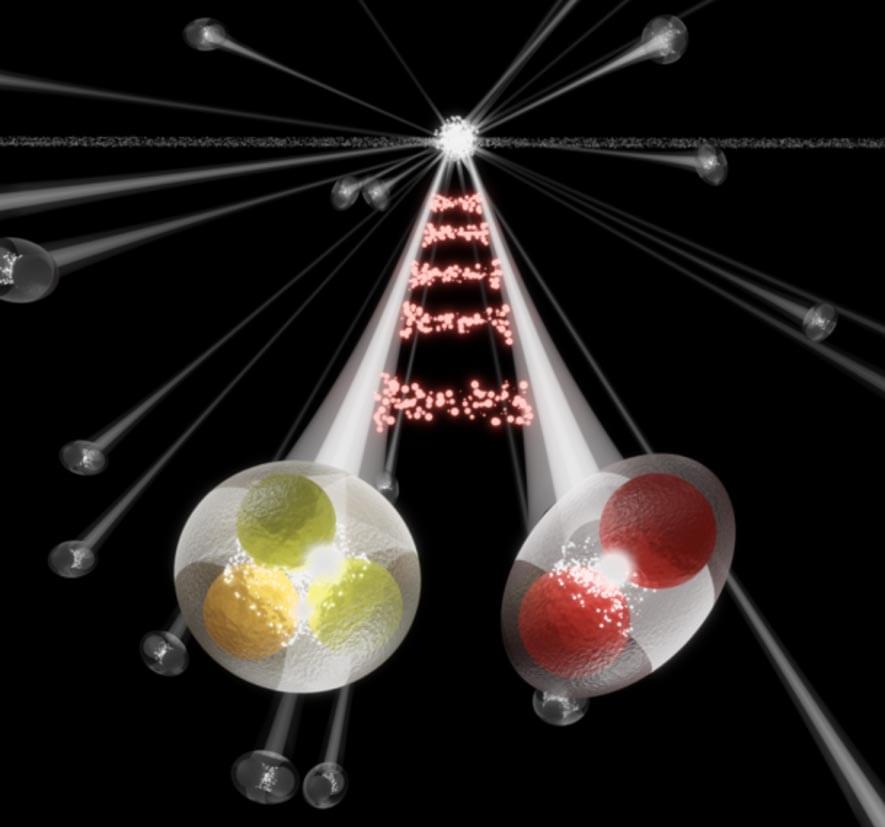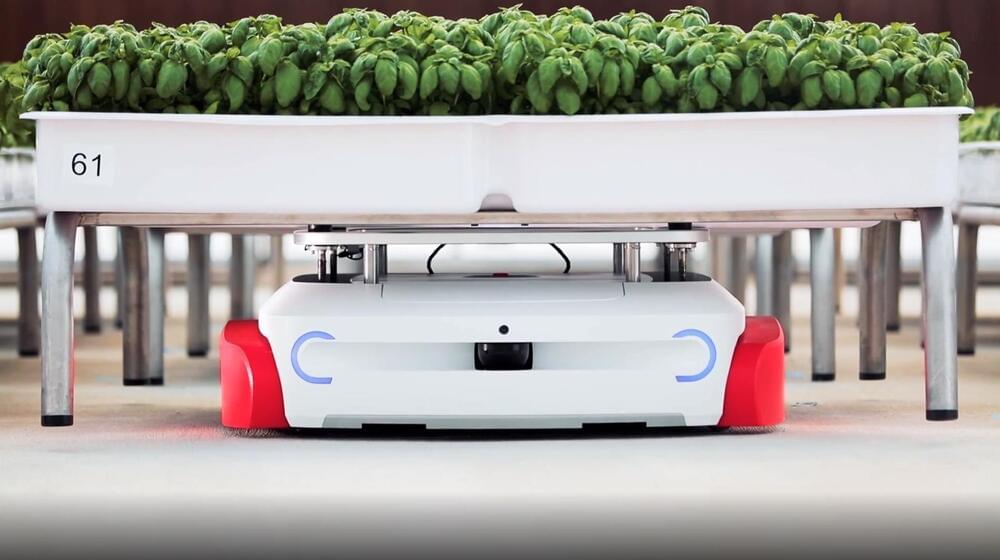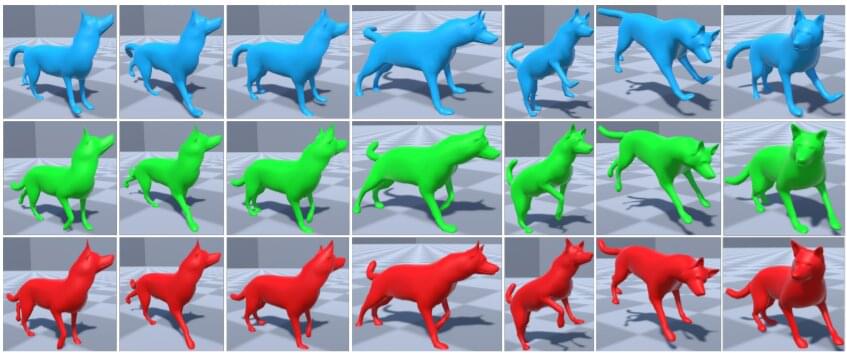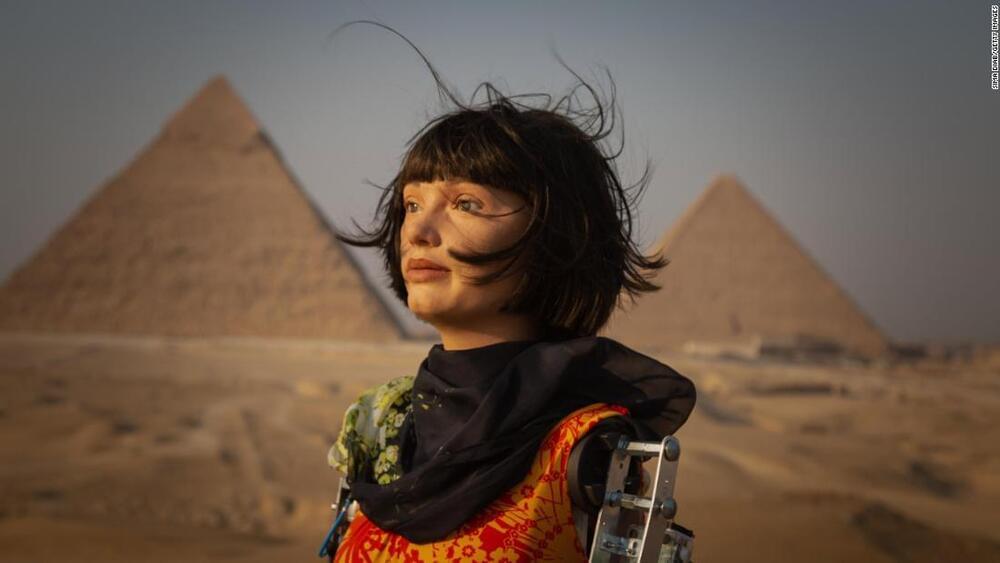The ALICE collaboration has for the first time observed the residual strong interaction between protons and phi mesons. In an article recently published in Physical Review Letters, the ALICE collaboration has used a method known as femtoscopy to study the residual interaction between two-quark an.
Sustainable agriculture continues to spread at an accelerated pace and farmers need all the help they can get in order to cope with the increasing workload. California-based company Iron Ox specializes in the use of robotics and artificial intelligence in agriculture, and Grover is the latest robot to join its team.






